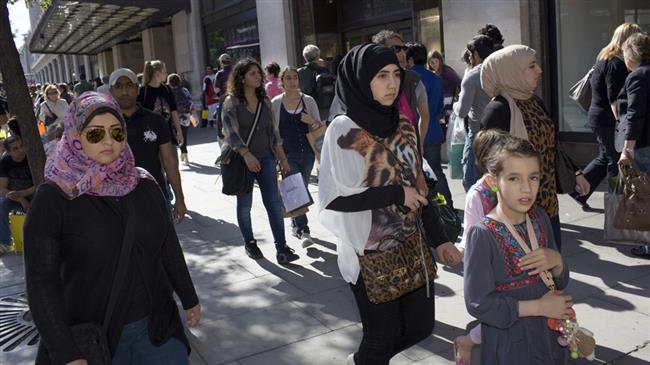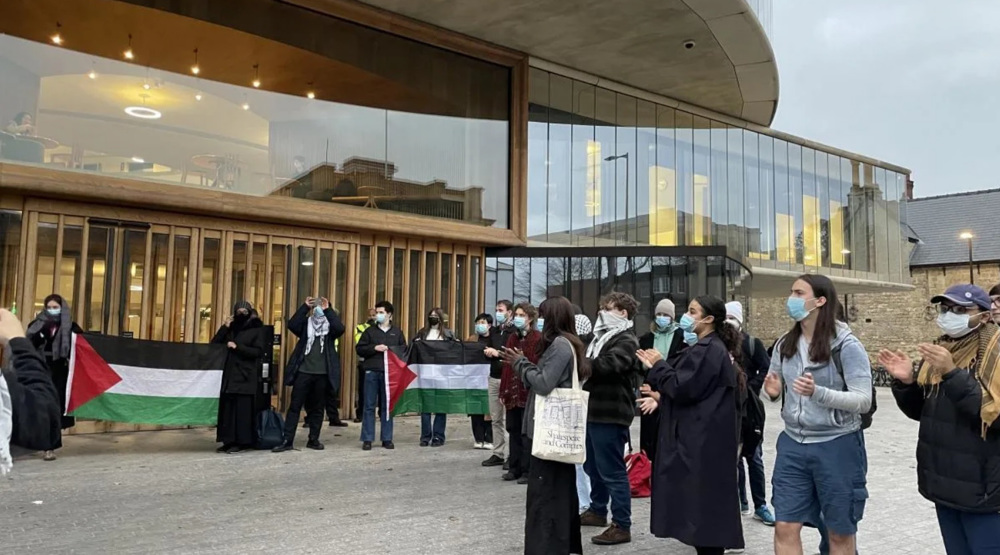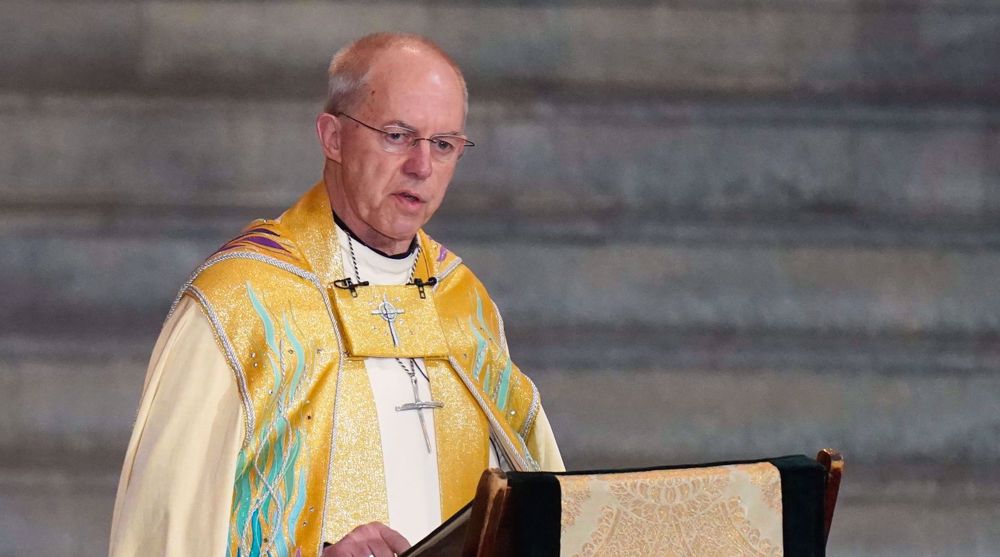British court recognizes marriage under Islamic law
A court in Britain has ruled that all marriages conducted under the Islamic laws, or the sharia, could be recognized as a legal marriage as they fall under British matrimonial law.
The British High Court ruled Wednesday that an Islamic faith marriage, or nikah, would be a valid marriage under the British law despite not being legally recognized as such.
The ruling came after a British Muslim woman of the Pakistani background filed for divorce from her husband, also a Pakistani Muslim. Nasreen Akhtar can now be free to bring her case to the divorce court and claim her share of the assets of her marriage. Mohammed Shabaz Khan, the husband, had sought to block the application for divorce in the UK court, arguing that he and Akhtar were never legally married.
The estranged couple took their vows in 1998 while taking part in a nikah ceremony at a restaurant in Southall, west London, where an Imam conducted the marriage before some 150 guests. Akhtar and Shabaz Khan have lived in London, Birmingham and Dubai over the years.
In his ruling, Justice Williams ruled that the union was “entered into in disregard of certain requirements as to the formation of marriage", saying therefore that it was “void” and Akhtar was entitled to a decree of nullity.
The ruling is the first as judges had decided in similar cases in the past that nikah was a non-marriage, depriving the women of the ability to make a case for compensations. Muslim woman had to appeal to sharia councils for divorce and most of the time their release from marriage came with making concessions.
British Prime Minister Theresa May commissioned a report on the issue of Islamic marriages when she was home secretary. The report revealed earlier this year that unless accompanied by a civil ceremony, the nikah would prevent many women in Islamic marriages to enjoy legal protections. The report said most of the women in such conditions did not know the facts about their marriage.
Hezbollah breaks record of anti-Israel ops; four million settlers run for their lives
Iran rejects involvement in murder of Israeli rabbi in UAE
‘Israel at dead end’: Army chief vows Iran’s lasting support for resistance
Hezbollah executes record 51 military operations against Israel in a single day
VIDEO | Intl. day to end anti-women violence: Female victims of Israeli attacks on Gaza, Lebanon remembered
Leader: Arrest warrant not enough, Netanyahu must be executed
VIDEO | Iraqi fighters conduct fresh retaliatory attacks on vital Israeli targets
Gaza hospital chief calls for help amid Israel’s ‘extermination campaign’










 This makes it easy to access the Press TV website
This makes it easy to access the Press TV website